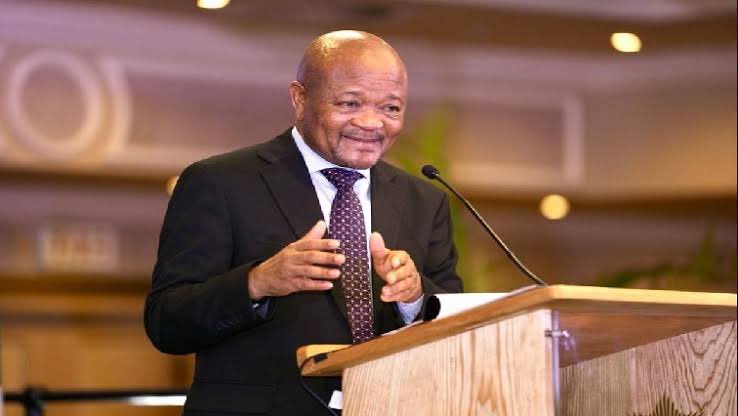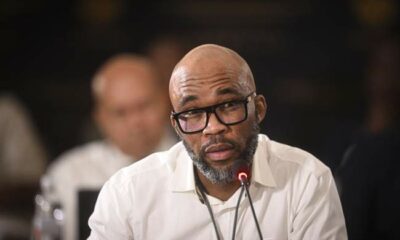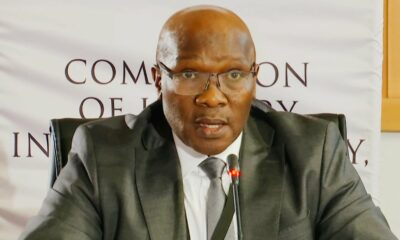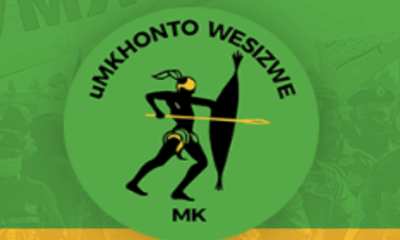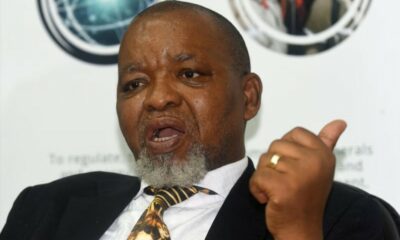The high-stakes inquiry into suspended Police Minister Senzo Mchunu entered a critical new phase as the minister himself took the stand to present his defence. Day 9 of the proceedings was marked by pointed denials and a firm articulation of his version of events, setting the stage for a dramatic confrontation with the allegations that led to his suspension.
His testimony was a calculated effort to dismantle the state’s case piece by piece, portraying himself as a reformer targeted for challenging a corrupt system.
1. The Core Denial: “I Never Interfered”
The central pillar of Mchunu’s testimony was a categorical denial of the primary allegation against him: that he improperly interfered in police operations and investigations for political or personal gain. He framed his actions not as interference, but as part of his legitimate ministerial duty to provide strategic oversight and ensure accountability within the South African Police Service (SAPS).
He argued that his directives were consistently aimed at strengthening the institution’s integrity, not undermining it.
2. The “Fighting Corruption” Defence
Mchunu did not take a passive stance; he went on the offensive. A significant portion of his testimony was dedicated to painting a picture of a minister at war with corrupt elements within the police. He suggested that his suspension was a direct consequence of his attempts to root out graft and dismantle entrenched criminal networks that had infiltrated the SAPS.
This narrative positions him not as a perpetrator, but as a victim of a coordinated pushback from those whose illicit activities he threatened.
3. Challenging the Motives of Accusers
The minister’s legal team worked to undermine the credibility of the witnesses who testified against him. They suggested that the allegations were politically motivated, stemming from individuals resistant to his reform agenda or from rivals within the political arena seeking to damage his career.
This strategy aims to create reasonable doubt by questioning the underlying motives of the accusers, framing the entire inquiry as a politically charged witch-hunt rather than a pursuit of justice.
4. The “No Personal Benefit” Argument
A key line of defence was the assertion that Mchunu derived no personal financial or material benefit from any of the actions he is accused of. His team likely presented this to counter any suggestion of corrupt intent, arguing that his conduct was devoid of the personal gain typically associated with criminal misconduct.
This focuses the debate on the nature of his administrative decisions, separating them from allegations of classic corruption.
5. A Portrayal of Executive Authority
Throughout his testimony, Mchunu sought to redefine the line between illegitimate interference and legitimate executive authority. He presented his decisions as falling squarely within the lawful powers of his office, arguing that a minister must be able to direct policy and hold senior police leadership accountable without being accused of operational meddling.
This final point is a fundamental constitutional and administrative law argument about the proper role of a executive authority in a democracy.
As the inquiry moves toward its conclusion, Mchunu’s forceful testimony has squarely placed the burden on the state to prove its case beyond a reasonable doubt. The clash between his narrative of a reformist crusader and the state’s case of undue interference will now be for the presiding officer to untangle.
